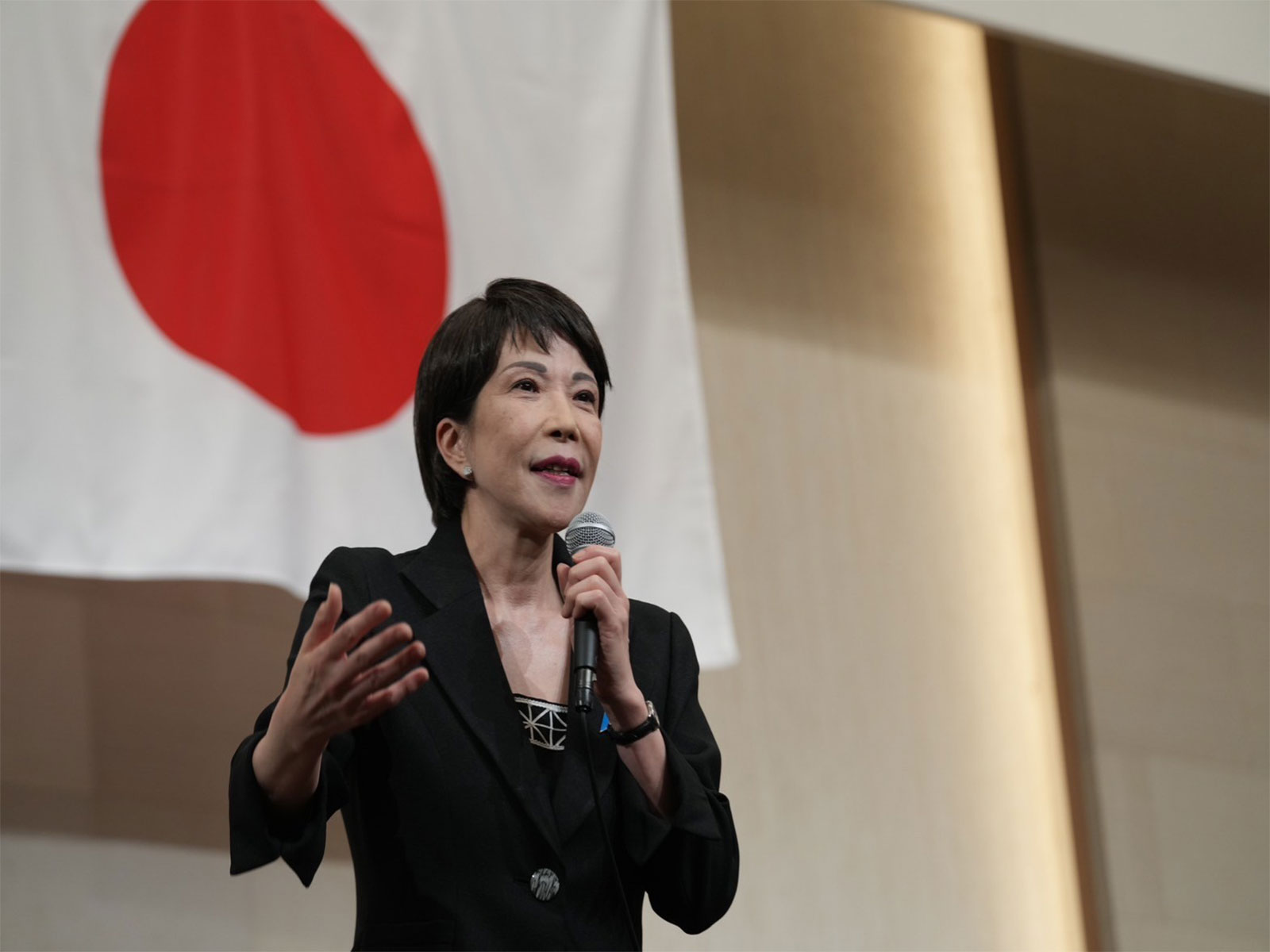Japan's New Premier and the Central Bank: A Delicate Balancing Act
Sanae Takaichi’s impending leadership as Japan's premier raises concerns over political interference in monetary policy. While she aims to assert government influence over the central bank, issues like inflation, a weak yen, and political challenges may limit her sway. The tension may impact market stability and central bank independence.

Sanae Takaichi, set to become Japan's new prime minister, has sparked concerns over potential political interference in central bank autonomy by declaring her willingness to influence monetary policy. This push to assert government control over the Bank of Japan (BOJ) mirrors former prime minister Shinzo Abe's economic strategies.
Analysts warn that Takaichi's leadership could pose the biggest challenge to BOJ Governor Kazuo Ueda, who may have to defend the bank's independence amid looming threats of inflation and yen depreciation. Despite these challenges, seasoned lawmakers and internal political dynamics within her party may temper Takaichi's proposed assertive monetary stance.
Takaichi faces the dual challenge of managing political expectations and navigating Japan's evolving economic landscape. Her potential influence over the BOJ could stir market volatility, particularly if she opts for delayed interest rate hikes. Observers caution that a further decline in yen value could exacerbate inflation, complicating her premiership from the outset.
(With inputs from agencies.)
ALSO READ
Markets Brace for Fed Insight Amid Inflation Fears: Equities Feel the Heat
Global Wealth Surge: Balancing Between AI and Inflation
Fed's Dilemma: Balancing Employment Risks and Inflation Concerns
Federal Reserve Grapples with Inflation Versus Employment Challenge
Austria's Bold Move: Renegotiating Pay to Curb Inflation










